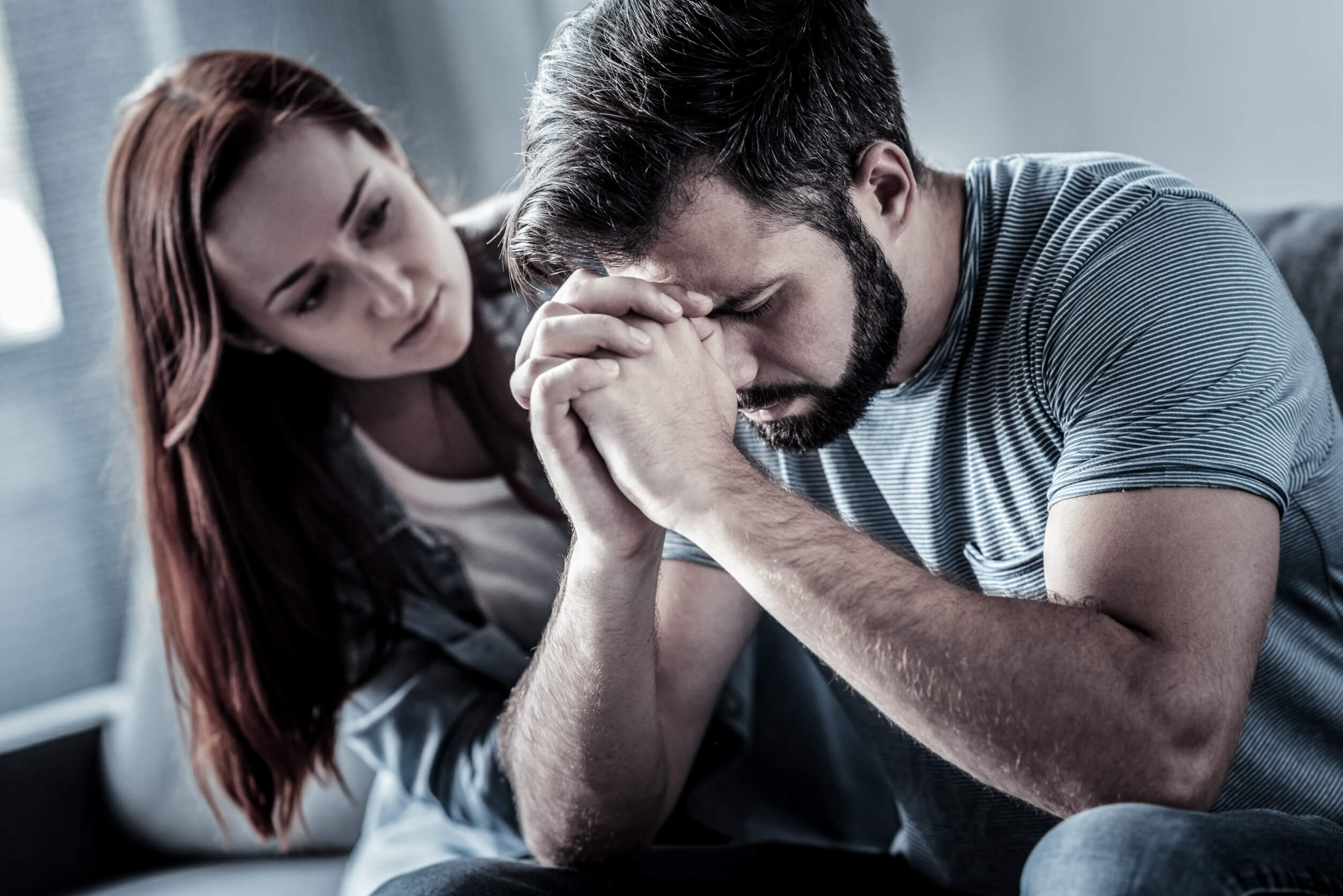It’s hard to know what to do if someone you care about is depressed — especially if they aren’t seeking help. Learn what to look out for and what you can do.
Depression is more than just having a bad day — it affects people for weeks, months, or years. It’s more than just sadness. It’s a combination of symptoms that often includes low mood, reduced interest in pleasurable activities, or feelings of low self-worth. Depression prevents people from living full lives, colors their thinking, and affects their behavior. For some people, depression feels insurmountable.
It’s not always easy to understand why depression occurs. Many factors can cause it, and it’s not always about life circumstances. Sometimes it has more to do with a change in one’s routine than it does with profound psychological issues. Changes in routine are the biggest reason why the past two years have seen a greater incidence of depression nationwide.
Depression Increased During the Pandemic
The COVID pandemic caused depression in multiple ways. For one, losing a loved one or watching them become very sick can be upsetting (or even traumatic) and can trigger depression. Secondly, having had a brush with serious illness can similarly affect one’s mood. Scientists are now working to understand how long COVID can lead to anxiety and depression for some people — how this happens is not yet known.
The third way COVID caused depression may surprise you. Certainly, the pandemic changed everyone’s lives unprecedented in the U.S. since World War Two. Millions suffered from job loss, lack of child care, and social isolation. It was certainly stressful to see months and months of bad news on TV and to have uncertainty about when normal life would return. However, what may have triggered depression for many people has to do with our daily and weekly routines.
In much of 2020 and 2021, many of us could not do the things we used to enjoy. Activities like seeing family members and friends, going on vacation, going to the movies, or to the gym all became less frequent. These things play an important role in helping us maintain a healthy mood. So when they’re no longer part of our routines, we become more vulnerable to depression. And that’s exactly what happened to many people around the world, resulting in significant increases in rates of depression worldwide.
Depression Symptoms: What to Look For
If you’re concerned that someone you care about is depressed, learn to see the warning signs. Changes to look for include:
- Decreased activity levels or enthusiasm
- Sleeping a lot (or sleeping poorly)
- Increased use of alcohol or drugs
- A pessimistic or bleak outlook that has worsened
- More frequent crying, or crying for no reason
- Change in appetite or weight
Once you recognize the signs, that’s often when the hard part begins. Sometimes the depressed person will be receptive to the idea of getting help, but not always. Often, offers of help are refused outright. It is hard knowing that a loved one needs help and feeling like you’re powerless to do much.
What You Can Do
If you are concerned that a loved one is suffering from depression, it can be helpful to express your concern to them. Describe the changes you’ve noticed — they may not be aware of them. Be empathetic, and don’t try to convince them they’ve got no reason to be depressed. (Remember, there is a reason they’re depressed, even if it’s not evident to you or to them.) Express a desire to help.
If they express a willingness to get help, offer to assist them in finding a mental healthcare professional. The process of finding someone can be daunting, and people with depression may find the process overwhelming. In those cases, your assistance can make the difference between their getting help or not.

How to Help Someone with Depression Who Doesn’t Want Help
There is no guarantee that the depressed person will see a need for help. If they’re an adult, whether to get help or not is ultimately their choice. However, expressing your concern can help a lot. If they know you’re in their corner, it may facilitate their seeking out care.
One common mistake people make when trying to help a depressed friend or loved one is trying to convince them that they should be happy or to dismiss what they’re concerned about. Instead, it’s better to express your caring for them through attentive, patient listening. This communicates that you care, that you are not afraid of how they’re feeling, and that maybe you understand where they’re coming from.
If You’re Worried About Suicide
If you have reason to believe someone is at significant risk to try to end their lives, contact a suicide hotline. Try the National Suicide Prevention Hotline at 800-273-8255. For those in New York City, consider NYC Well. It’s a free, confidential service from the NYC Department of Health, and it’s available around the clock. They offer texting and internet chat service in addition to phone. Their number is 888-NYC-WELL (888-692-9355).
If you think someone in your life might benefit from speaking to one of our therapists at the Manhattan Center for Cognitive-Behavioral Therapy, please feel free to reach out to us.









